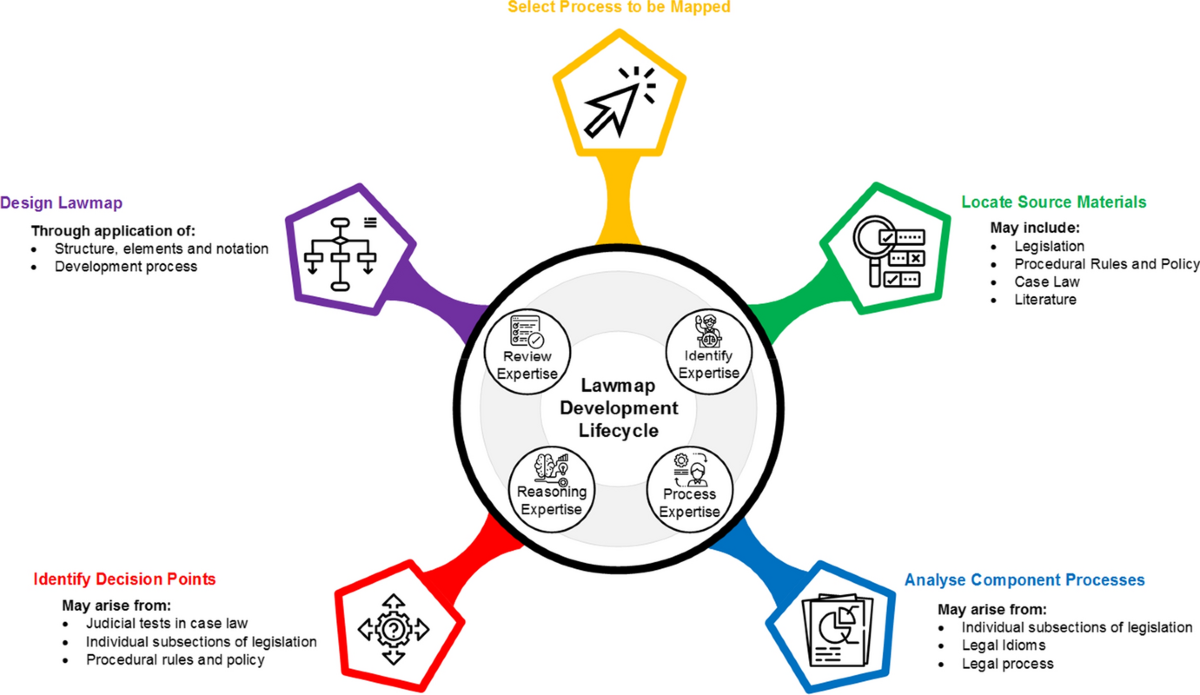
AI’s Expanding Role in Legal Research
Legal professionals are drowning in information. Sifting through mountains of case law, statutes, and regulations to find relevant precedents is a time-consuming and often inefficient process. AI-powered legal research tools are changing this. These tools can analyze vast datasets far quicker than any human, identifying relevant documents and patterns far more efficiently. This not only saves time but also allows lawyers to consider a broader range of potential arguments and precedents, leading to better-informed legal strategies and stronger case preparation.
Automating Legal Document Review
Document review, a crucial part of any legal case, is notoriously tedious and expensive. Lawyers spend countless hours poring over documents, searching for key information and identifying relevant facts. AI can automate much of this process. Machine learning algorithms can be trained to identify key phrases, dates, and other critical information within documents, significantly speeding up the review process. This allows lawyers to focus their efforts on the most important aspects of the case, improving efficiency and reducing costs.
Predictive Policing and Risk Assessment
While ethically complex, AI’s potential in predictive policing and risk assessment within the legal system is undeniable. Algorithms can analyze historical data to identify patterns and predict the likelihood of future criminal activity or recidivism. This information can be used to allocate resources more effectively, target preventative measures, and potentially inform sentencing decisions. However, it’s crucial to acknowledge the inherent biases that can creep into these algorithms, necessitating careful development and rigorous testing to ensure fairness and avoid perpetuating existing inequalities.
Improving Access to Justice
AI has the potential to democratize access to legal services, particularly for those who cannot afford expensive legal representation. AI-powered chatbots and virtual assistants can provide basic legal information and guidance, offering a first point of contact for individuals facing legal issues. These tools can answer common questions, help people navigate legal processes, and even assist with the preparation of simple legal documents. While they cannot replace human lawyers for complex cases, they can significantly improve access to essential legal information and resources for a wider population.
Enhanced Contract Analysis and Negotiation
Contracts are the backbone of many businesses and legal transactions. Analyzing and negotiating contracts is a complex and time-consuming process that requires expertise in legal language and negotiation tactics. AI can significantly improve this process by analyzing contracts for key clauses, identifying potential risks and ambiguities, and even suggesting optimal negotiation strategies. This leads to more efficient contract drafting, reduced risk, and better outcomes for all parties involved.
Ethical Considerations and Challenges
The integration of AI into the legal profession raises numerous ethical considerations. Concerns about bias in algorithms, data privacy, job displacement for legal professionals, and the potential for misuse of AI-powered tools require careful attention. It is essential to develop ethical guidelines and regulations to ensure that AI is used responsibly and ethically within the legal system. Transparency and accountability in the development and deployment of AI tools are crucial to building public trust and avoiding unintended consequences.
The Human Element Remains Crucial
While AI offers significant advantages, it’s important to emphasize that it is a tool, not a replacement for human lawyers. The legal profession requires not only technical expertise but also empathy, judgment, and the ability to understand the human element involved in legal disputes. The future of law is not about humans versus AI; it’s about humans and AI working together, leveraging the strengths of both to create a more efficient, effective, and equitable legal system.
The Future is Collaborative
The most likely future of law involves a collaborative approach, where AI tools augment the capabilities of legal professionals, not replace them. Lawyers will use AI to handle routine tasks, freeing up their time to focus on more complex and nuanced legal issues that require human judgment and critical thinking. This collaboration will lead to improved efficiency, reduced costs, and better outcomes for clients, ultimately shaping a more accessible and just legal system for all. Learn more about AI in legal research developments here.

